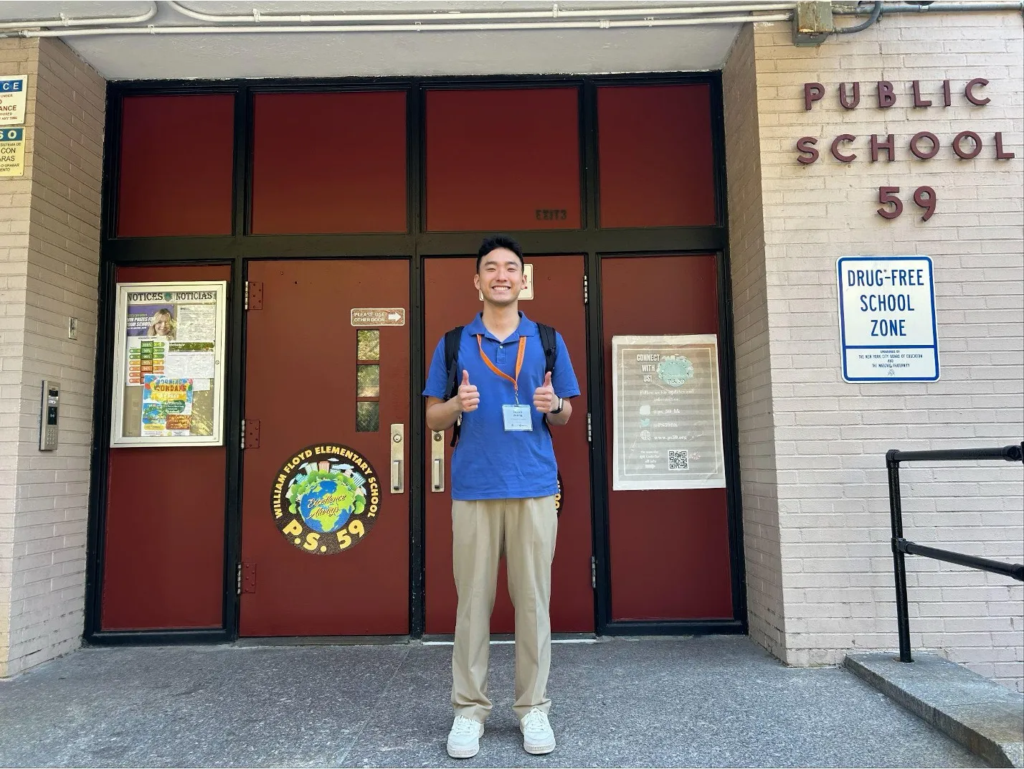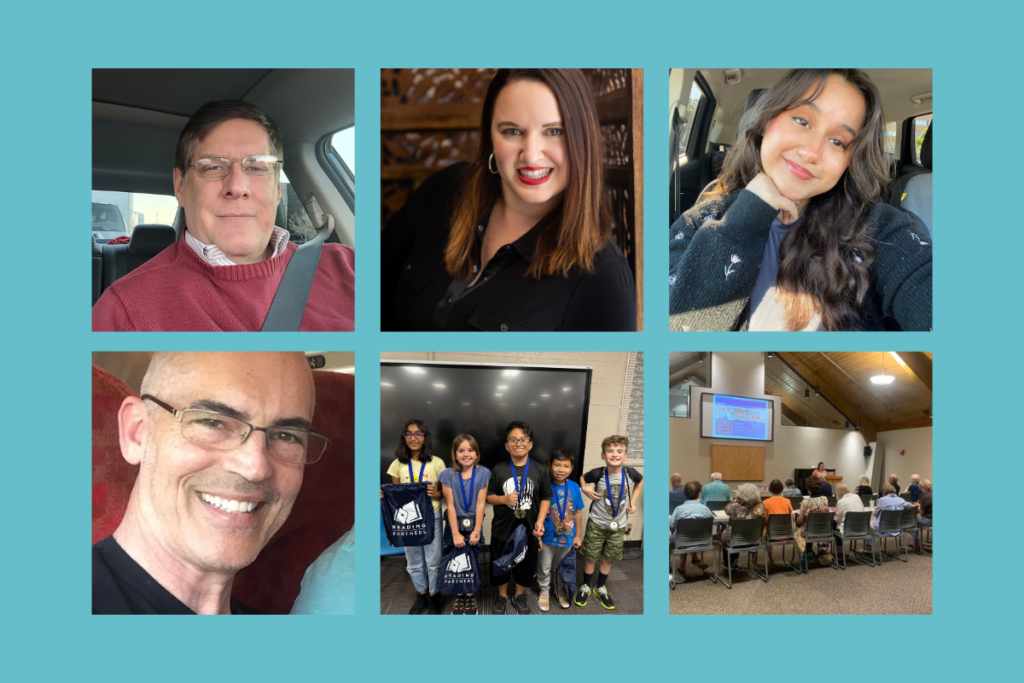The dream lives on / Reading Partners highlighted by the late Kara Kennedy
April 3, 2011
Growing up in my family, public service was part of our everyday life. My father taught me and my siblings that we had a special obligation to help people because we were fortunate in so many ways. It was a value he inherited from his parents and that animated his extraordinary life of service, and one that continues to motivate me and my children today. As much as my father loved campaigning and a robust debate, he saw them as a means to a greater end. To him, politics was a tool for making a difference. He always dreamed of a center that would inspire the next generation of citizens and leaders to make a difference, too. That is why this Friday will be so meaningful for my family and for so many others who were touched by my father: We will be holding the groundbreaking ceremony in Boston for the Edward M. Kennedy Institute for the United States Senate, a place he hoped would become the nation’s preeminent civics education center.
Even as children, my brothers and I recognized how much joy my father got from helping people. He was proud to increase the size of Pell Grants so more students could afford to attend the University of Massachusetts and other colleges. And I’ll never forget our trip to Ethiopia over Christmas 1984. My father was so moved by the immense human need around us that he insisted on spending the night in the desert, helping relief workers feed the hungry.
Each summer, my father would load my brothers, cousins, and me into a Winnebago and take us on historical roadtrips. As we hiked across distant battlefields and trundled through old buildings, he would tell us stories of the issues and personalities that shaped our country. Through these family trips, we came to appreciate that a single person can always make a difference – some may change the course of history, others may improve their communities in smaller ways. What mattered to my father was not the scale of an accomplishment, but that we did our share to make the world better. That we learned we were part of something larger than ourselves.
As I grew older, my father’s advice was to do my best at whatever vocation I chose. I started out my career as a television producer in Boston. Unlike my father, I felt more comfortable behind the camera than in front of it. But like him, I found my greatest fulfillment in showing the needs and successes of others, such as the stories I produced that highlighted the abilities of people with disabilities. We were both particularly inspired by Michael Naranjo, a New Mexico man who was blinded in combat in Vietnam and lost most of the use of his right hand. Using his left hand as his eyes, he became an amazing sculptor and donated many pieces to VSA, an international organization on arts and disability, so that others with disabilities might benefit from his work.
My father took time each week to tutor inner-city children in reading, and I now do the same through a group called Reading Partners. I also volunteer at N Street Village in Washington, D.C., a community dedicated to providing “respect, recovery, and hope” to low-income and homeless women. My teenage daughter volunteers at our local hospital (she even gets there for the early shift on Saturdays, which, if you know any 16-year-olds, is a pretty remarkable achievement). We have learned what my father no doubt realized before us – that in giving our time and talents to others, we get far more in return.
My father often said his greatest public honor was serving the people of Massachusetts. He loved the Senate, where he had the privilege of participating in – even leading – many of our country’s greatest debates on civil rights, jobs, education, and health care. The Institute, which will include a representation of the Senate Chamber, will allow Americans to step into those debates – to participate in hearings, craft legislation, and shepherd a bill into law. It will have classrooms and interactive exhibits that help visitors better understand the functions and responsibilities of representative government, and it will work with teachers from across the country to improve instruction in civics and American history.
I hope the Institute will inspire a new generation of Americans to pursue public service or find other ways to serve their communities. If they do, I am confident that they will learn – as my father always knew and my children and I have come to understand – that when they help others, they get back more than they give.
–Kara Kennedy, Boston Globe



